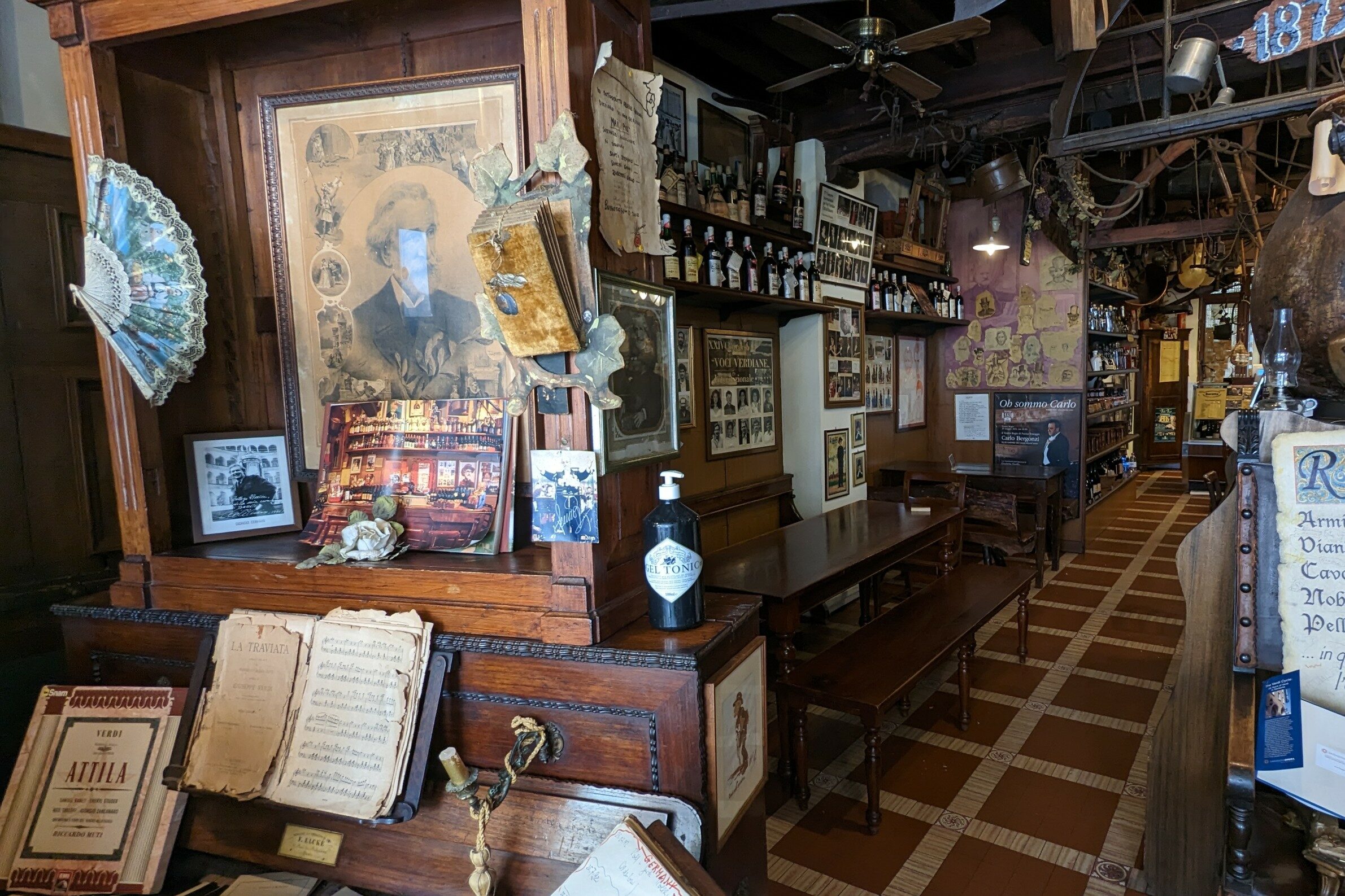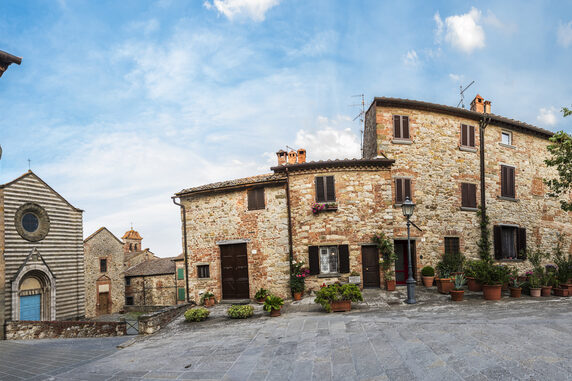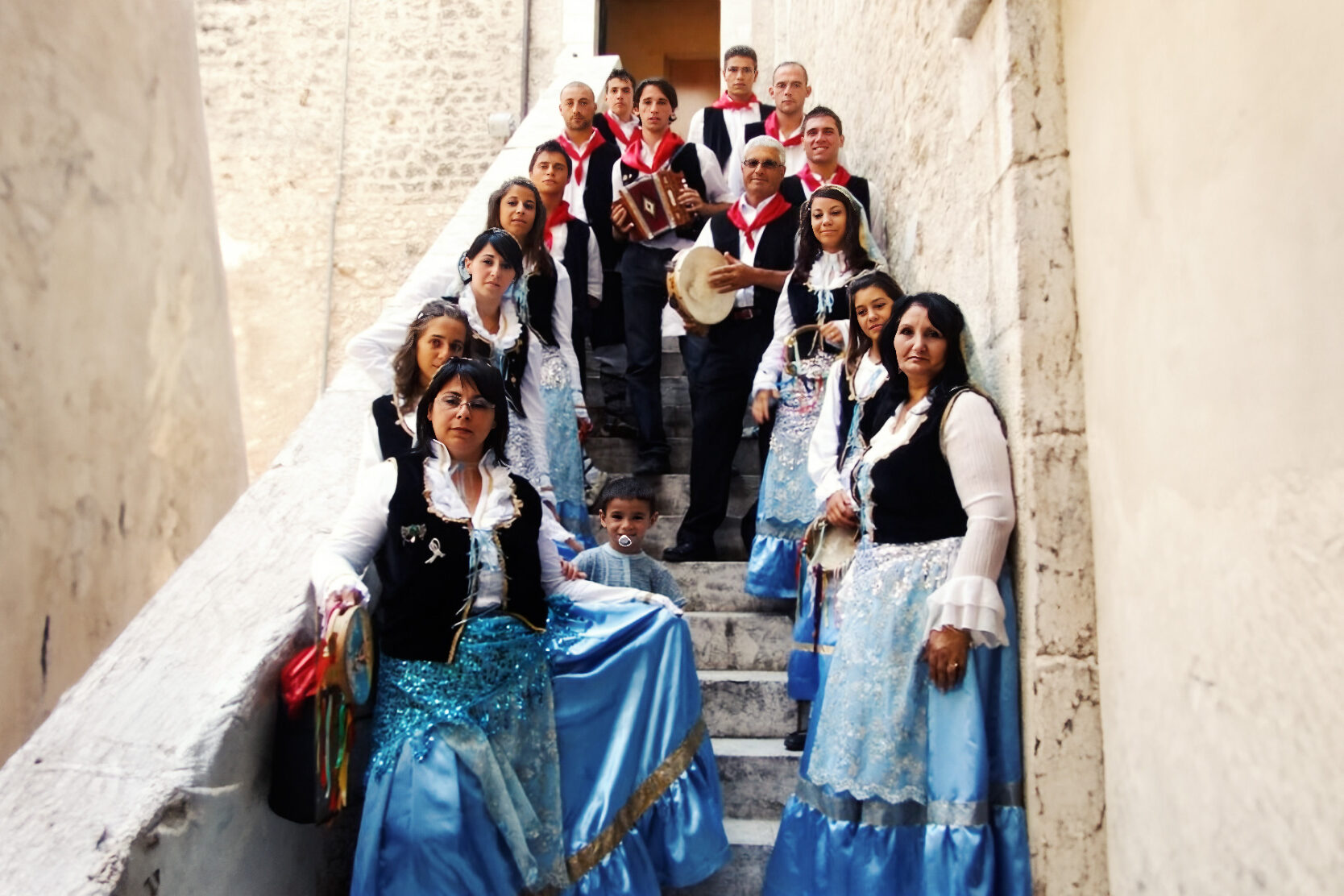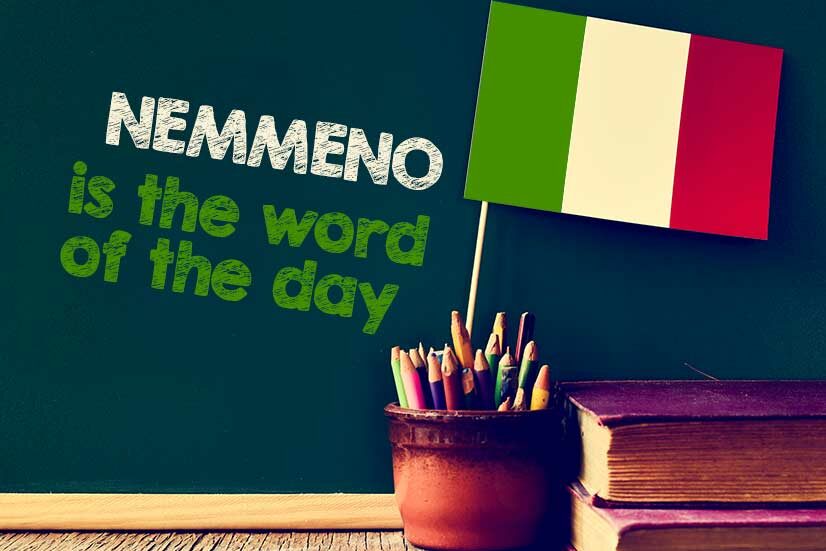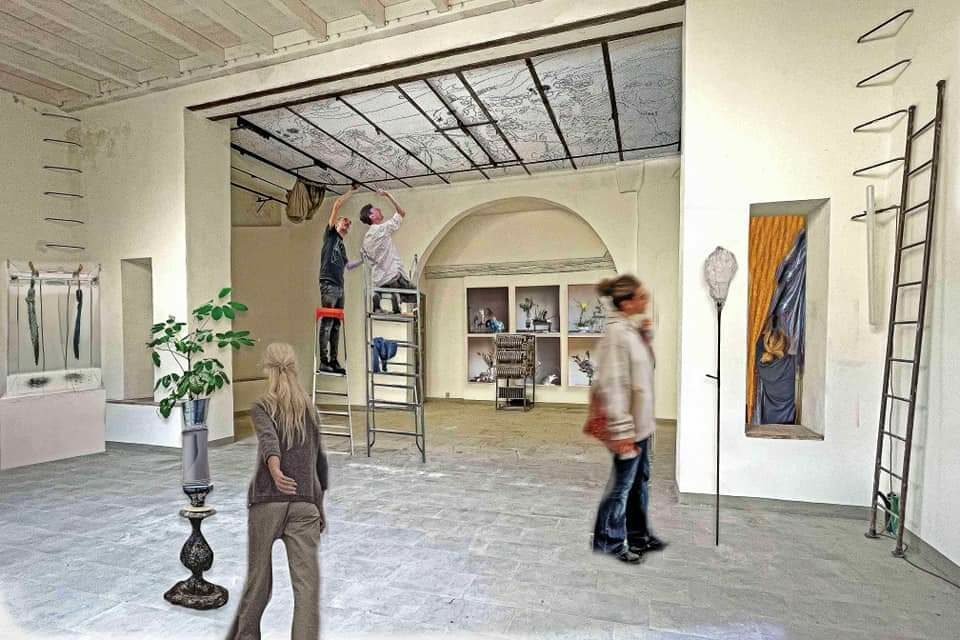On December 26, 1900, Enrico Caruso celebrated the Christmas season with his debut at La Scala by performing the part of Rodolfo in Giacomo Puccini’s La Bohème with Arturo Toscanini conducting. As his career advanced, he went on to please audiences in Monte Carlo, Warsaw, and Buenos Aires. He appeared before the Tsar and the Russian aristocracy at the Mariinsky Theater in Saint Petersburg as well as the Bolshoi Theater in Moscow.
In 1910, a landmark event occurred when he performed live from the stage of the New York Metropolitan Opera House in the first public radio broadcast to be transmitted in the United States.
He developed an enthusiasm for commercial sound recordings, which at that time were barely making an appearance in the music world. Many opera singers of his time rejected the phonograph or the gramophone because of the low fidelity, but Caruso exploited the new technology and consequently began reaping an abundance of financial returns.
Caruso’s voice possessed a richness of sound that was unexpectedly real on the scratchy gramophone of that period. Later recordings of slightly improved technology revealed even more of the golden timbre of his voice. He made more than two hundred and sixty recordings in America for the Victor Talking Machine Company, which later became known as RCA Victor. Caruso earned millions of dollars in royalties from sales of 78 rpm disks. In 1904, Caruso set the bar for record sales when the single recording of Vesti la Giubba from Leoncavallo’s opera Pagliacci sold over a million copies.
Enrico Caruso in “Pagliacci,”c. 1908; Photo: A. Dupont, N.Y. [Public domain], via Wikimedia Commons
Enrico Caruso in “Pagliacci,”c. 1908; Photo: A. Dupont, N.Y. [Public domain], via Wikimedia Commons
Only after Enrico’s opera-singer friends realized the amount of money which could be earned recording, did they have a change of heart. They virtually lined up to get their share of recording royalties.
With the passage of time, the youthful days of Enrico and Eduardo were all but forgotten. Each man had taken his own path in life and gone his separate way with no further contact between them. And in that time, the scale of fortunes had reversed. Enrico was now rich and successful, while Eduardo had fallen into a state of poverty.
Besides having wealth and influence, Enrico was known to be generous to his friends. He also possessed a long memory and was not likely to forget his friend. Upon hearing of Eduardo’s financial situation, Enrico went to his other friend, a gentleman named Giulio Gatti-Gasazza, who happened to be the general manager of the Metropolitan Opera in New York City, to ask that Eduardo Missiano be allowed to audition. Eduardo’s audition went well and he went on to sing the baritone parts in many operas at the Metropolitan.
Enrico Caruso was a person to be loved. He was adored by countless fans, many of whom acknowledged their admiration by mail. One day, however, among his fan mail, came an unusual note requesting payment of $2,000. The note depicted drawings of a hand and a dagger and included a threat that if the amount were not paid, he could expect to be the recipient of bodily harm, kidnapping, arson or murder.
Such notes were typically sent out by nefarious characters who crawled out of the woodwork at the first smell of money. They imprinted a hand in black ink signifying the name La Mano Nera (The Black Hand Society), and included drawings such as a dagger or a smoking gun or a hangman’s noose.
In this case, the nefarious character in question was one Ignazio Saietta, a
Sicilian gangster in New York’s Little Italy who demanded that the money be delivered to a drop-off point. Caruso, who simply wanted to continue in his career with a clear mind, decided to pay the $2,000 and be done with it. Ignazio, however, got greedy. Probably figuring Caruso to be a soft touch because of his quick response to the first note, Ignazio decided to send him another, this time demanding $15,000.
Enrico didn’t need a crystal ball to see where this was going. Unless he took immediate action against the extortionists, the demands for money would never cease. This time the incident was reported to the police who arranged for the money to be delivered to the drop-off point, resulting in the arrest of two men.
Enrico and Eduardo, who had come to aid one another in their time of need, remained friends until one day when Eduardo died quite suddenly. Enrico told of a bizarre conversation he had with Eduardo shortly before his death:
“Two days before he died, Missiano had a dream. He dreamed he was back in Naples and a man approached him with five pieces of wire. ‘Three of these pieces are to go to Panazzi,’ the man in the dream said. ‘The two others are for you.’ Panazzi was a friend of Missiano and myself who had died three years before. Missiano and I talked about the dream and we could see no other interpretation except a reference to Missiano’s own death. Whether the two pieces of wire meant two days, two weeks or two years, we could not tell. Poor Missiano! They meant two days.”
Eduardo Missiano had a wife and three children living in Naples. Consequently, Enrico took charge of his friend’s body and arranged for it to be shipped back to Naples for burial. Later, Enrico Caruso and Pasquale Amato recorded a duet from La Forza del Destino and donated the entire proceeds from that recording to the family of Eduardo Missiano.
It wasn’t long after his friend’s death that Enrico suffered an on-stage injury when a falling pillar on the set of Samson and Delilah struck him on the back. This injury is believed to have triggered a growing illness. He soon suffered a chill and developed a cough which appeared to be bronchitis. His health continued to deteriorate.
After having undergone several surgical procedures to drain fluid from his chest and lungs, he returned to Naples to recuperate, only to suffer further complications and eventually pass away. Enrico Caruso’s career spanned 25 years from 1895 to 1920. He was considered to be one of the first examples of media celebrity throughout the world and continues to hold the title of “The World’s Greatest Tenor.”







